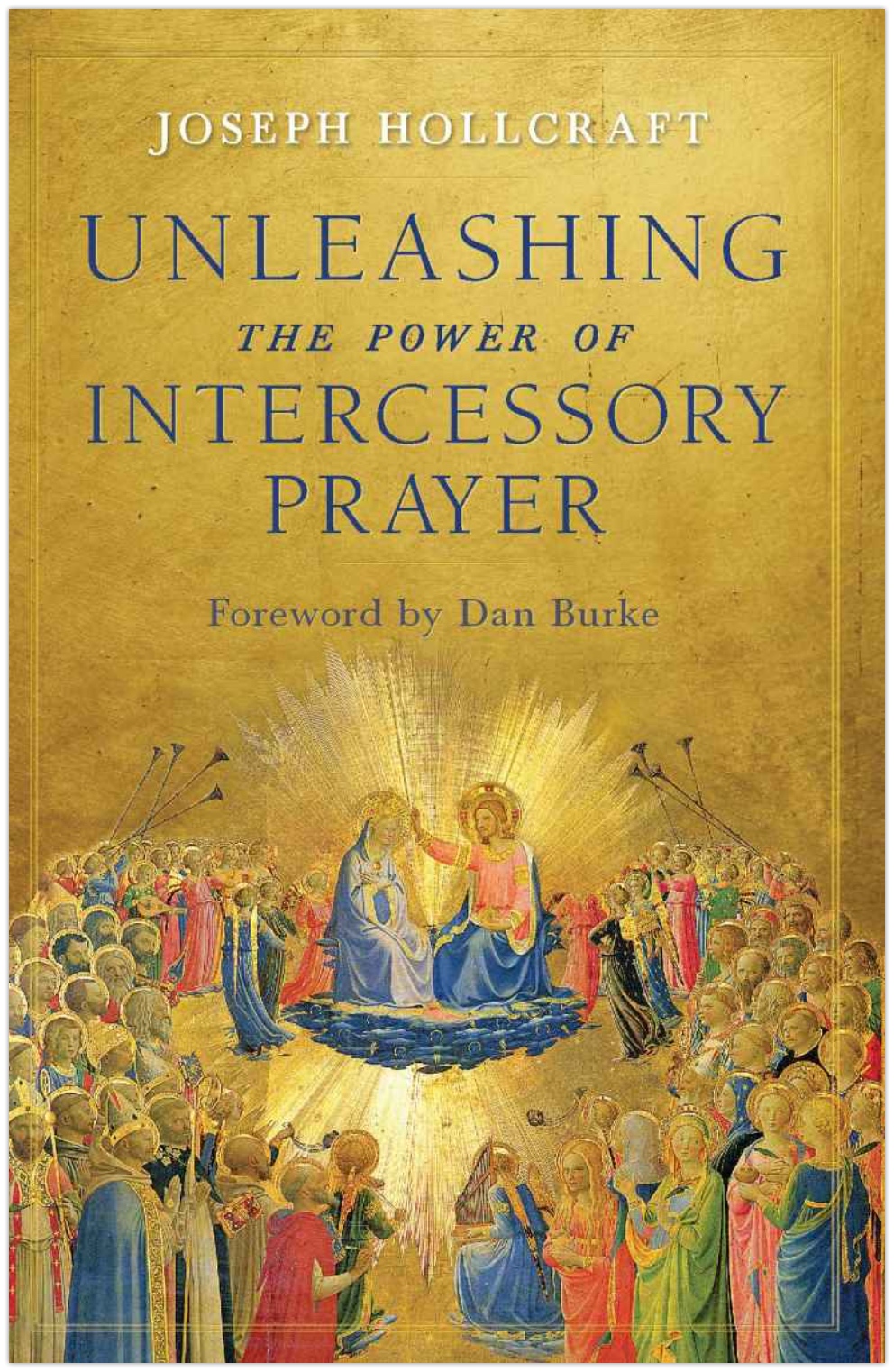Taking Questions Personally
We ask many questions about the Christian faith, as well we should. As host to a daily radio show, I have come to appreciate a good Q and A. In point of fact, an honest Q and A should provide anyone who is seeking to better understand the Christian faith with food for thought to grow in their faith. For example, if you ask me about the Rites of the Mass, it would be my hope that my specific answer to your specific question about the Rites of the Mass would enrich your experience of the Mass.
That being said, while a good Q and A between two people can be sustenance for the soul, it is our Q and A with Jesus that should take precedence.
Jesus loved to ask questions, three hundred seven to be exact. What's more, in the one hundred eighty-three questions he was asked, he often responded with a question. By my count, only three times did Jesus not give an answer to a question. Why was Jesus so compelled to ask questions? Because Jesus really wants to engage us. He has a very personal interest in getting closer to us, and in doing so, not only reveals more of Who He is to us, but also helps us to see more of who we are in His eyes.
On one hand, Jesus could have responded to the many questions he received with specific answers. It may have brought peace of mind to the soul, but Jesus was interested in more than simply providing an answer. He was interested in the deeper, more personal encounter behind the question. Consider the robust conversation going on with the Twelve Apostles after they came back from being sent out two by two. When you read that narrative closely, you discover there was a lot of discussion going on about who Jesus actually was. In a moment when Jesus could have responded to the Twelve with “I am the Messiah, Son of the living God,” He instead, decided to turn the question on the twelve: “Who do you say that I am?” He wishes to engage them—He makes the conversation personal and seeks to draw them into a deeper relationship with Him. In this case, Peter was the one who stepped forward and said: “You are the Christ, the Son of the living God” (Mt 16:17). Our Lord’s personal question provoked a personal and faith filled response.
In asking questions, Jesus was in imitation of God, the Father. After Adam and Eve hid themselves in the garden, we read of the first question asked in the Old Testament: “where are you?” Did God lose Adam? Of course Not. God was not playing a game of hide and seek with Adam. The question was not for God’s sake, but for Adam’s sake. By asking Adam a question, he was giving Adam an opportunity to reconcile himself with God. Consider, when you are struggling in your faith, and you have been intentional about not being around your typical circle of Christian friends, when a friend from that circle asks you: “where have you been?” It is an opportunity for you to “come clean” and begin the process of reconciliation with your circle of friends. In the end, God asked Adam a question, because God the Father desired to reveal to Adam and Eve his eternal design for them. God the Father takes us personally and desires to draw us into deep personal relationship with Him. A note of caution: As we enter more fully into relationship with Christ, our questions to Him, as well as the questions He poses to us, will always be made in charity and truth. We will grow in our love and knowledge of Him, but He in turn will help us to grow in the truth of who we really are in His eyes. This takes courage and ongoing trust in Him Who invites us into the life He offers.
So, my dear friends, if we genuinely desire to be enriched in our faith, let us ask questions, this is good! But as we do, be mindful of God’s questions – they are personal and revelatory. God’s deepest desire is to grow in a deep and life-giving relationship with us—as Scripture tells us, “I no longer call you servants, but friends” (Jn 15:15). Let us more fully open our minds and hearts to our God, Who has such a great call for each one of us.


